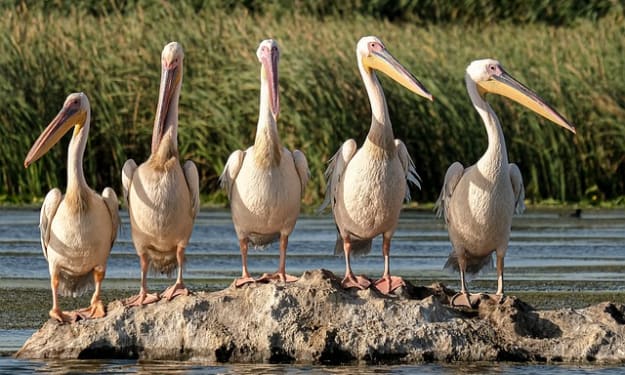What are some strategies for sustainable management and conservation of natural resources for future generations?
sustainable management

As the world population continues to grow, the need for sustainable management and conservation of natural resources becomes increasingly important. Natural resources such as forests, water, and wildlife provide essential services that are critical for human well-being. In this article, we will explore some strategies for sustainable management and conservation of natural resources for future generations.
One strategy for sustainable management and conservation of natural resources is the adoption of sustainable land use practices. Sustainable land use practices can include the use of conservation tillage, crop rotation, and cover crops in agriculture. These practices can help to reduce soil erosion, increase soil fertility, and promote biodiversity. Additionally, sustainable land use practices can help to reduce greenhouse gas emissions by promoting the sequestration of carbon in soils.
Another strategy for sustainable management and conservation of natural resources is the use of renewable energy sources. Renewable energy sources such as solar, wind, and hydropower can provide energy without depleting finite resources such as fossil fuels. The use of renewable energy sources can also help to reduce greenhouse gas emissions, which are a major contributor to climate change.
The protection and restoration of natural habitats is also an important strategy for sustainable management and conservation of natural resources. Natural habitats such as forests, wetlands, and grasslands provide critical services such as water filtration, carbon sequestration, and habitat for wildlife. Protecting and restoring these habitats can help to maintain these services for future generations.
In addition to protecting and restoring natural habitats, the sustainable management of wildlife populations is also important for the conservation of natural resources. Sustainable wildlife management practices can include the use of habitat management, regulated hunting, and wildlife monitoring programs. These practices can help to maintain healthy wildlife populations and prevent the extinction of species.
The sustainable management of water resources is also critical for the conservation of natural resources. Sustainable water management practices can include the use of water-efficient irrigation systems, water conservation measures, and the protection of wetlands and other natural habitats that provide critical water services. Additionally, the sustainable management of water resources can help to reduce the risk of water scarcity and promote water security for future generations.
Education and awareness are also important strategies for sustainable management and conservation of natural resources. Education can help to increase public awareness about the importance of natural resources and the need for sustainable management practices. Awareness campaigns can help to promote the adoption of sustainable practices and encourage people to take action to conserve natural resources.
Finally, government policies can play a critical role in promoting sustainable management and conservation of natural resources. Government policies can include regulations, incentives, and funding programs that promote sustainable land use practices, renewable energy, habitat protection and restoration, and sustainable water management. Government policies can also provide support for education and awareness campaigns that promote sustainable management and conservation of natural resources.
In conclusion, human activities such as mining, deforestation, and fossil fuel extraction can have significant impacts on natural resources and the environment. These activities can lead to the destruction of habitats, loss of biodiversity, and contribute to climate change, sustainable management and conservation of natural resources is essential for the well-being of current and future generations. Strategies for sustainable management and conservation of natural resources include the adoption of sustainable land use practices, the use of renewable energy sources, the protection and restoration of natural habitats, sustainable wildlife management, the sustainable management of water resources, education and awareness, and government policies. By adopting these strategies, we can help to ensure that natural resources are conserved and sustained for the benefit of future generations.





Comments
There are no comments for this story
Be the first to respond and start the conversation.